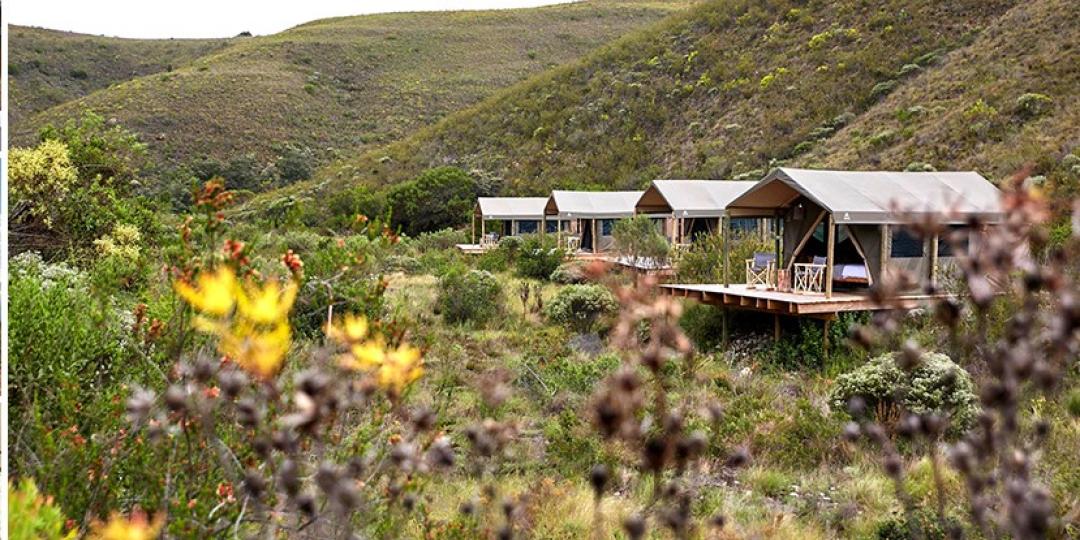Making a difference as part of the travel experience is a trend that is here to stay – whether it’s about guests volunteering to be on ‘plastic patrol’ picking up litter on the beach, or learning about rhino relocation, the marketplace is being led by more socially-conscious travellers who are increasingly focusing on ‘what can I give?’ than ‘what can I get?’.
As Tourism Update reported in previous features, travellers are seeking more when it comes to holiday experiences and activities and authentic, meaningful travel is the ‘new normal’.
TU has done some research on where tour operators can get some inspiration for voluntourism programmes and eco-aware offerings.
Marketing Manager for Tourvest DMC Malcolm Frank-van Eyk recommends Wildlife ACT as the ethical experts in wildlife volunteering.
Wildlife ACT offers Fair Trade & Tourism-certified wildlife volunteering opportunities in South Africa and the Seychelles. Guests can take part as a volunteer in the Endangered Species Monitoring Programme in Zululand or a marine conservation project in the Seychelles. The Volunteer with Leopards option offers the opportunity to conduct leopard population surveys within South Africa (using remote camera trapping survey methods).
African Impact is a volunteer organisation recommended by travel expert Natalia Rosa of Big Ambitions. The organisation operates in ten African countries and has different options available, including conservation volunteering; community volunteering, internships and study abroad options. For conservation volunteering – dolphin and marine research (Zanzibar); Leopard and Predator Research (Kruger National Park); and Horse Riding and Elephant Conservation (Zimbabwe) are options, among many others. When it comes to community volunteering, teaching English, community support and promoting gender equality and sports programmes are available in various African countries, including Tanzania, South Africa and Zanzibar.
Fair Trade Tourism is another reliable resource for operators and product owners that have ethical voluntourism programmes. The organisation revised its policy on voluntourism in 2016 as they were concerned about the checks and balances within the burgeoning voluntourism market, particularly when it came to the commoditisation of animal interactions and orphanage tourism.
The organisation states: “The new criteria will also not allow for tourists or volunteers to interact with any child or vulnerable person, unless this takes place under continuous, qualified adult supervision.
“Have a look at Fair Trade Tourism South Africa-certified volunteers for further inspiration.”
Fair Trade volunteer programmes include Calabash Tours, Volunteer Africa 32ᵒ South, International Marine Volunteers, Shamwari Conservation Experiences, the aforementioned Wildlife ACT and Tenikwa Wildlife Rehabilitation and Awareness Centre.
SATSA’s wildlife interaction guide, which launched last year, has been ground-breaking in many ways, creating a topic of conversation and giving tourism entities some very solid guidelines when it comes to animal petting and any interactions with wildlife. In October 2019, Tourism Update featured an article titled Animal Interactions – How to do it right, giving alternatives for tour operators selling the destination.
And sometimes travellers may be giving back without even knowing it! The Marriott group has found a novel way to give back. A heart-warming story on the IOL platform, titled, ‘How repurposed hotel bed sheets changed thousands of pupils’ lives’, tells the story of how pupils at the Khayalami Independent Primary School in Midrand received new school clothing made from repurposed bed linen, sourced from a number of Marriott International Hotels in Gauteng as part of the Sheets for Shirts project.
While tour operators continue to look for new, fun ways of selling southern and East Africa, it’s every little action on the ground – no matter how big or small – that makes a difference.























